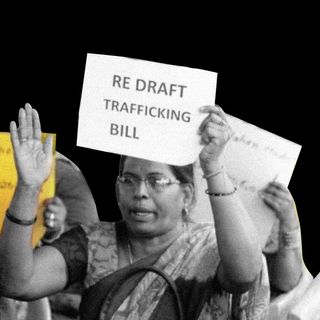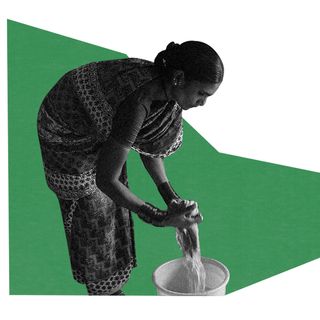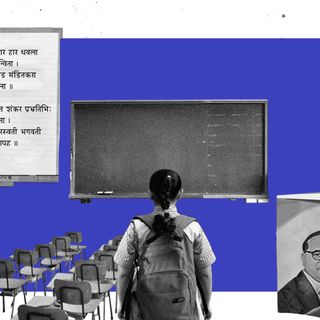Media organizations on Wednesday raised concerns about new restrictions for journalists in accessing parliamentary debate. In a letter, days before the Parliament will meet for the Monsoon season, media bodies note the impact limited access will have on press freedom — as well as on the ability to inform citizens.
“There appears to be a pattern of isolating Parliament and parliamentarians from media scrutiny,” the letter, written by members of the Press Club of India (PCI), along with the Editors’ Guild of India and other media groups, noted. “The advent of the pandemic has seen unprecedented barriers on those who can access parliamentary proceedings and its work in committees.”
Over the last year, restrictions due to the pandemic have limited access to the Press Gallery. New rules also changed guidelines about the credentials journalists must carry to get in-person access to political figures — a window that allows media coverage to pan from daily news reporting to analysis.
Moreover, even as a few select journalists were allowed entry, other accredited journalists — even those with Permanent Passes — were denied the same. “There appears to be a general effort to restrict access to Parliament and its precincts to only a handful of journalists,” the letter noted.
The group of organizations has urged the Speaker of Lok Sabha to restore full media access to Parliament, highlighting the role press plays in upholding the integrity of parliamentary democracy.
“Citizens are informed by a free and independent press. If members of the press are denied normal access to Parliament, they can hardly do their duty of informing their readers,” the letter noted.
Indeed, the concerns raised by the media organizations are not without merit. In February last year, the Speaker proposed to discontinue media access to the Central Hall — where both Houses of Parliament meet. At present, the Central Hall is where senior journalists have access to lawmakers for their insights on current events.
Related on The Swaddle:
All the Arguments You Need: to Convince People They Need a Free Media
In-person access to the Press Gallery had been restricted for the past year due to Covid19 norms. “In the midst of the Budget Session of the Parliament in 2020, as the Covid pandemic was beginning to unfold, the media was barred from covering the proceedings of the Parliament to stop the spread of infections,” PCI explained in a series of tweets.
“We are actually aware of our responsibility in this regard,” the letter said, with respect to following Covid19 norms. They argue the Press Gallery capacity is under-utilized, even in keeping with Covid19 guidelines.
The restricted entry of the press meant that several Parliament sessions were conducted over the past year without much of the media present. Notably, 25 Bills were passed in the Lok Sabha last year during the period of restricted media access, legislation that would have significant impacts on citizens. These included the three farmers’ laws and the new labor laws that made it easier for employers to lay off employees.
Importantly, independent journalists reporting for regional news bodies who are not formally affiliated with any organization stand to lose employment over the lack of access to Parliament proceedings, the letter pointed out. Regional news bodies become the link to ensure that decisions taken at the center are communicated to citizens across the country.
The groups also urged that the Lower House actively streamline the process of obtaining documents and information. This includes making draft bills electronically available to ensure “accurate reporting” — a demand critical if some sections of journalists continue to face limitations.
The regulations raise concerns of politicians and people in power evading public scrutiny. The media, in peace times and that of crisis, plays a critical role in terms of holding lawmakers accountable.




